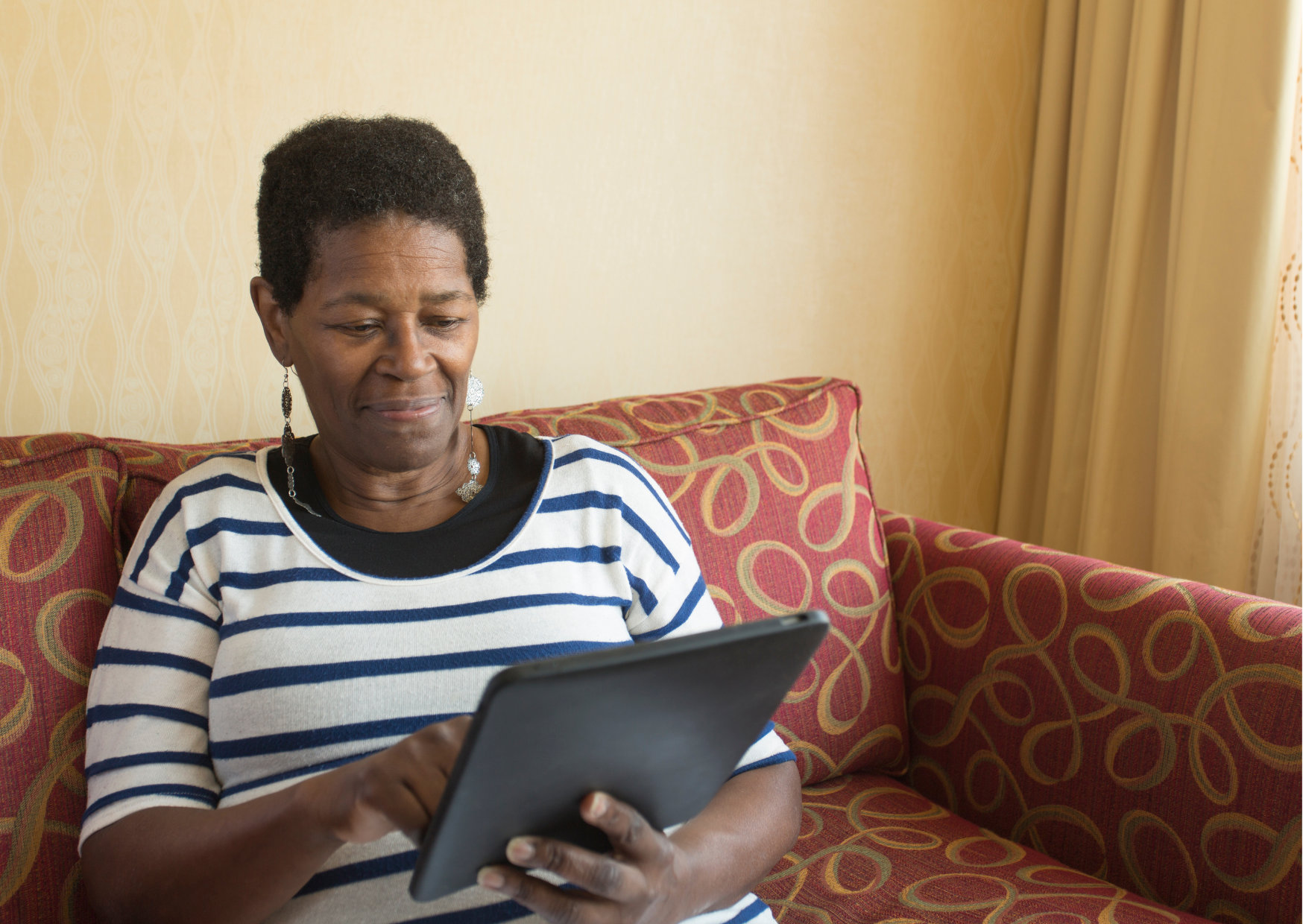A Digital Solution To Provide Physical and Emotional Wellbeing For Renal Patients - NHS England
During the first COVID-19 lockdown, the team at King’s College Hospital could no longer provide face-to-face rehabilitation for people living with kidney disease, and it became apparent that there were many patients whose emotional and physical wellbeing was being negatively affected by the requirement for them to shield at home.
About the project
The team at King’s College Hospital wanted to:
digitise the way they could support patients with physical and emotional wellbeing remotely
empower patients to manage their health and wellbeing
provide a remote service to people not routinely offered physical rehabilitation across the UK
The team partnered with Beam to explore how technology can help people living with kidney disease manage their physical and emotional wellbeing remotely during COVID-19 and beyond.
Over a 6-month period of user testing with health care professionals and patients, alongside collection of feasibility data, there were 959 sign-ups to the platform.
Pilot data showed:
A 67% increase in patients doing 150 minutes of moderate physical activity per week.
20% increase in patients doing strength training.
95% of patients would recommend Kidney Beam.
Further information
Jon, a Beam service user who participated in the pilot, said: “Beam is an excellent way to exercise at home. The instructors have in depth knowledge of the conditions users have which installs confidence. I can be sure that I am not exercising in a way that could be potentially harmful. Beam has been a perfect way for me to regain fitness and strength following my transplant last year.”
Read further information about the pilot
You can read further information about this pilot programme on the NHS Transformation Directorate website here.

